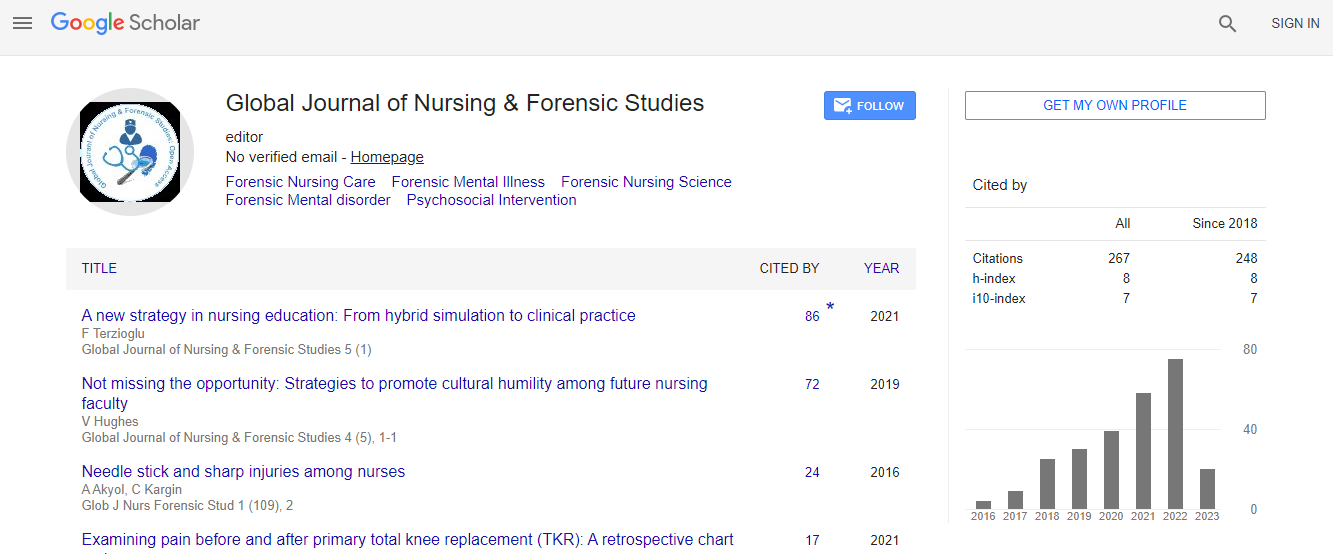Sleep severity and fatigue manifestations in relation with doctor-patient relationship
Abstract
The relationship of a patient with the doctor has an important role in the delivery of high-quality healthcare. The aim of the present study was to explore and evaluate the impact of sleep severity and fatigue manifestations on patient-doctor relationship. The present study was an analysis of a cross-sectional sample a total of 123 physicians with different specialties and work in various shifts in Iraq. Sleep severity was measured by Athens Insomnia Scale (AIS) in accordance with the International Classification of Diseases (ICD-10) and the multidimensional nature of fatigue was assessed by the Multidimensional Fatigue Symptom Inventory-Short Form (MFSI-SF). Moreover, the doctor-patient relationship was measured by Difficult Doctor-Patient Relationship Questionnaire (DDPRQ-10). Kendall’s tau-b was performed for bivariate correlation and MANOVA for predictors of the doctor-patient relationship. Findings: Of the total 123 physicians participated in this study, close to half of them (45.5%) were insomniacs. The total fatigue score was 9.46; general fatigue (5.84 of 24); physical fatigue (5.15 of 24); emotional fatigue (6.04 of 24); mental fatigue (5.45 of 24); and vigor (12.98 of 24). The doctors felt irritation in their communication with patients slightly (2.33); had dysphoria moderately (3.37); had slight compliance with their communication (1.71), and considered self-destructive patient slightly (1.97). The multivariate analysis showed that mental fatigue is the predictor of dysphoria in clinicians’ communication with their patients. In addition, in interactive effects, the study showed that general and physical fatigue, night shift increased working hours in the public sector are predictors of initiating patient; similarly, an increased working hrs. in the public sector was the predictor of having less compliance in their relationship with patients in clinicians. Conclusion & Significance: The study showed that the fatigue in an indirect way has negative impacts on the patient-doctor relationship.

 Spanish
Spanish  Chinese
Chinese  Russian
Russian  German
German  French
French  Japanese
Japanese  Portuguese
Portuguese  Hindi
Hindi 